Please Note - We Are Not Taking Orders Until Further Notice. To contact us email: hello@thecocktailsociety.uk
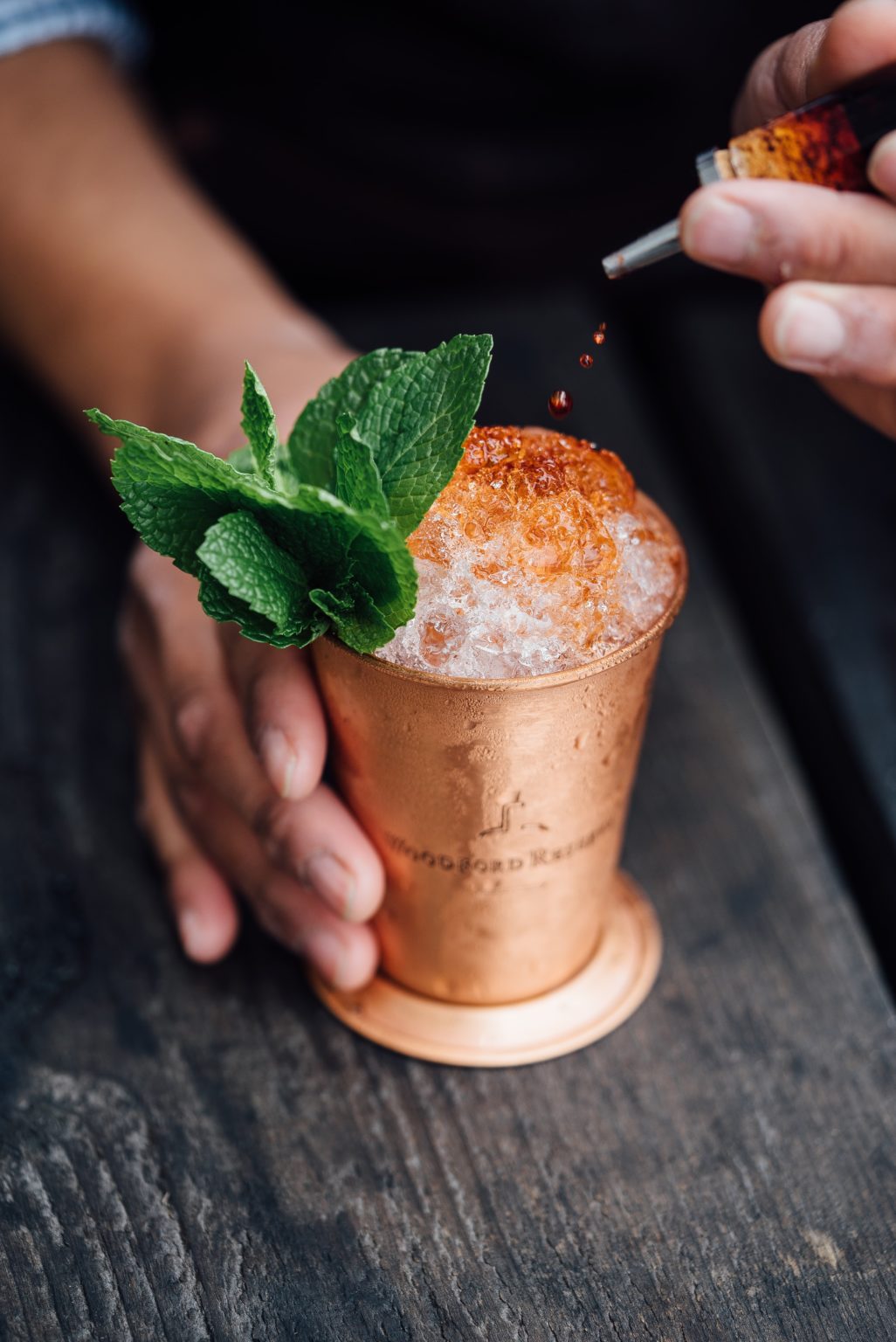
Articles
- Aug 9 2021
- By Simon Byrne
Share
What Are Bitters?
What are bitters? We reveal all about this enigmatic cocktail ingredient.
When it comes to cocktail mixology, the range of ingredients you can use are extensive. Even when setting up a simple home cocktail bar, there are still certain “categories” of ingredients that you’ll need and will include:
- Alcohol Spirits – these are the base of the cocktail and a basic range of vodka, gin, rum, whisky, bourbon is needed to have versatility with your cocktail options.
- Liqueurs – similar to above, liqueurs have a lower ABV than spirits but are used to provide additional flavour and depth to a cocktail.
- Mixers – soda, fruit juices, and carbonated “pop” are used to turn the few base alcoholic ingredients into a long drink.
While these are the basics, once you go from a casual cocktail maker to a more competent and experimenting cocktail maker your choice of ingredients should expand as well. One key ingredient that professional bartenders use to transform or perfect a cocktail is bitters.
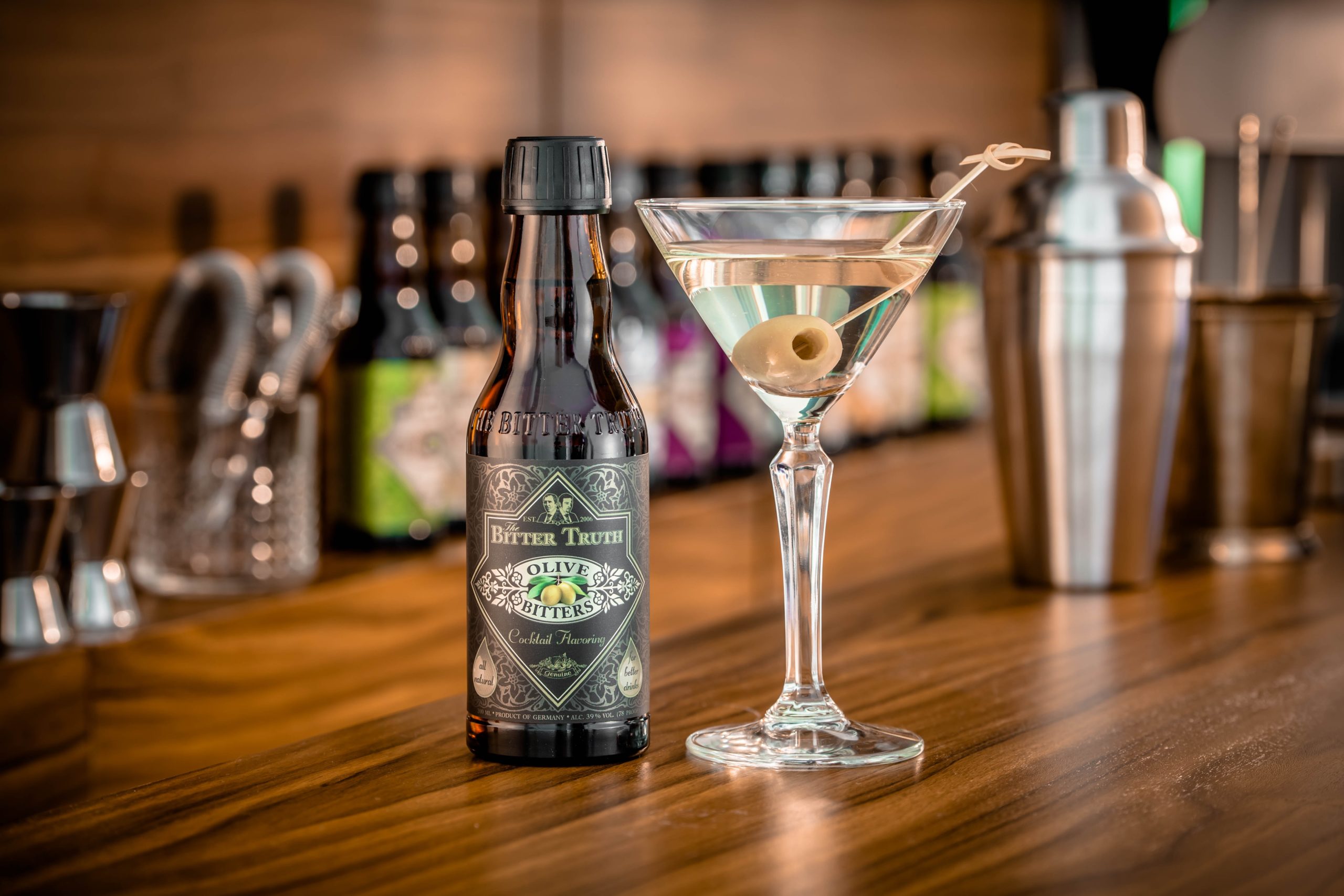
You’ve likely seen a bartender make use of bitters when creating your favourite cocktail but never really noticed them – as it’s easy to get caught up in the theatre that comes with cocktail making. Therefore, in this article, we’ll run you through what bitters are and how/why/when you should look to use them.
What Are Bitters
Bitters are highly-concentrated alcohol, infused with botanicals and herbs to create a bitter/bittersweet flavouring product. Due to the fact that bitters are a concentrated product, they are often highly aromatic with a strong taste which is why they often come in small bottles – as they are only ever used with a few dashes.
There are two main types of bitters, digestive bitters and cocktail bitters. A digestive bitter (or digestif) used in Europe is an alcoholic beverage used post-dinner to aid digestion. These types of bitters have also been used historically in medicine.
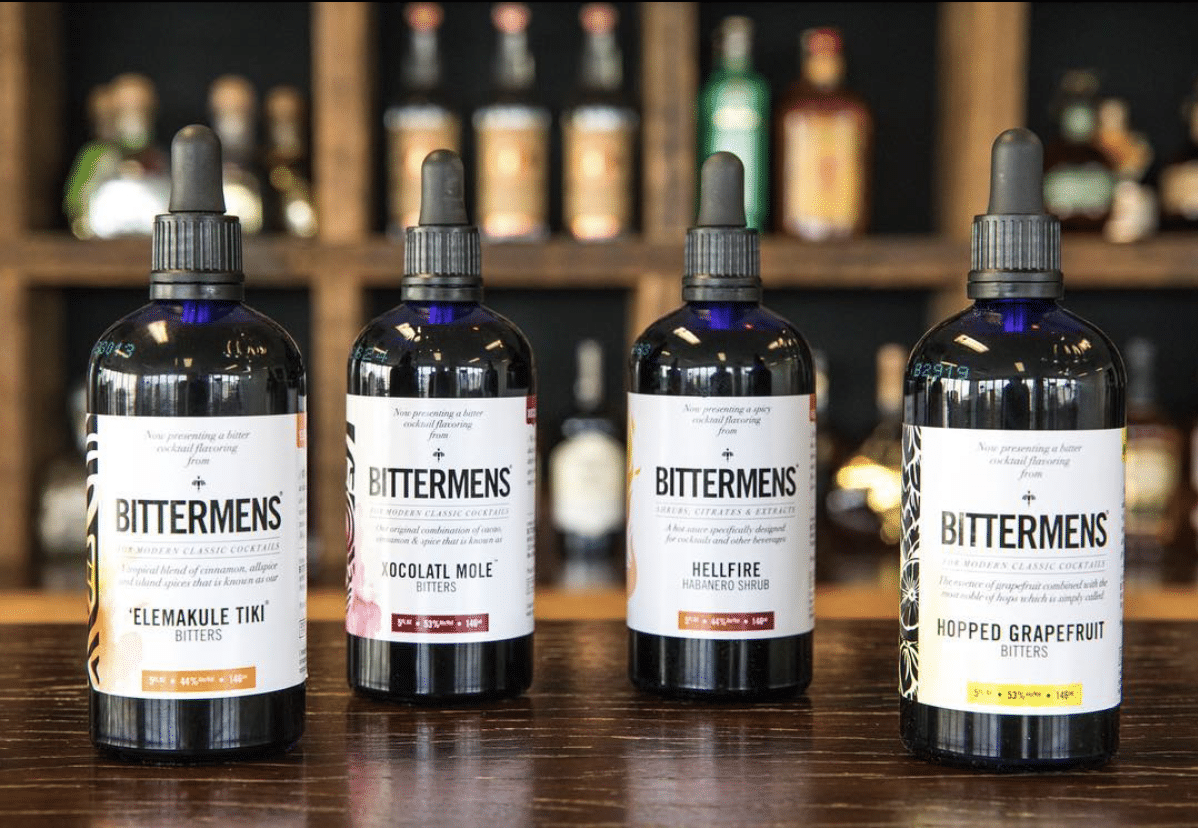
A cocktail bitter – which is the one most of us will be more familiar with – is the more concentrated alcohol variant which comes with a more aromatic scent and stronger taste. Cocktail bitters are made from a variety of ingredients depending on the desired end flavour, with common ingredients including:
- Bark
- Root
- Aromatic herbs
- Fruits
- Spices
The most common types of bitter you’ll see on a back-bar is Angostura ( a hugely popular brand producing an aromatic bitter) or a citrus-bitter like orange bitters. While bitters date back to an invention in 1824 for medicinal use to aid digestion or stomach based illness, the popular brand Angostura is where it was said to originate.
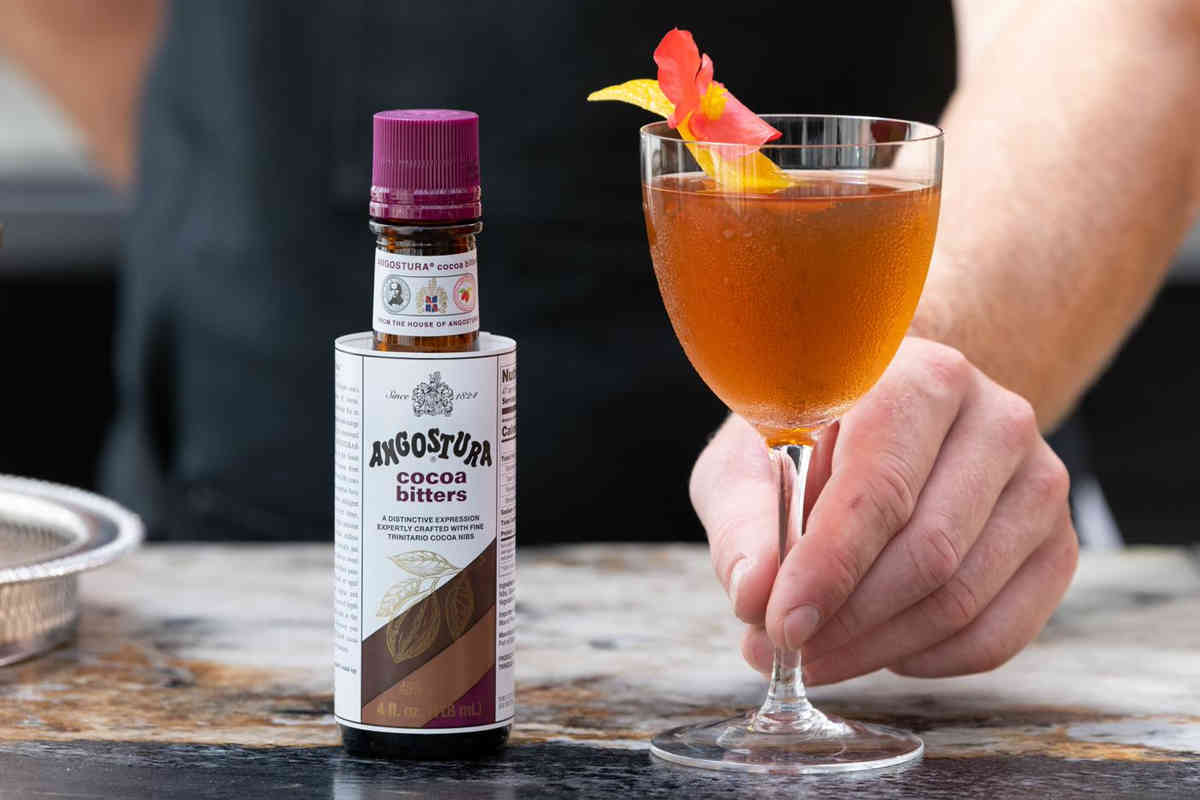
This small town in Venezuela is first credited with the mainstream invention of the bitter we know today and there is, therefore, some cause/effect as to why this brand rose to become a household name.
What Is the Purpose of Bitters
Cocktail bitters were used in the making of many classic cocktails including the Dark and Stormy, Old-Fashioned, and Martini’s, particularly in the late 1800s and early 1900s. While an initial purpose was medicinal, keen drinkers soon realised that these ingredients can really enhance the flavour profile for – what we now know to be – many classic cocktails.
Bitters are used in cocktails to add complexity to the drink and the best example or comparison I’ve seen to explain their use is akin to using salt when baking. Using too much salt will often kill the taste and the flavour, but when used in baking, just enough salt will help bring out other flavours in the dish. The same is true with bitters in a cocktail.
Bitters are not used to be a standalone or “key” ingredient in a cocktail, far from it.
A bitters main purpose in a cocktail is to enhance the flavour of other ingredients and act as a bridging ingredient. This means that it works well with other strong flavours, mainly those that are sweet or sour, to help them work together on your palate and complete the cocktail.
While bitters are not an essential ingredient, there are some cocktails that call for their use and in these situations, the drink will simply not taste the same (or as nice) without their inclusion. For this reason, cocktail bitters are an essential ingredient for both a bartender & a home cocktail bar.
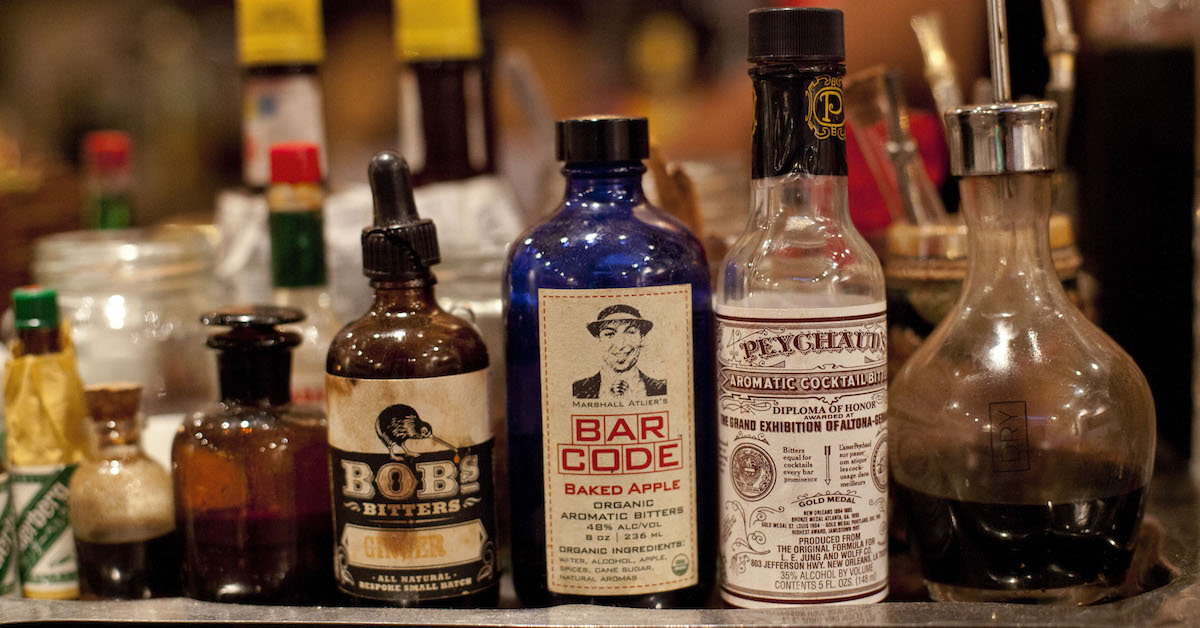
Can You Get Drunk on Bitters
Bitters are concentrated alcohol which means they often have quite a high ABV of 20% – 40% or more, so technically, you can get drunk on bitters but this is neither the main purpose nor the desire for many.
Due to the concentrated flavour, bitters can be quite overpowering on your taste buds which is the primary reason why they are only used in cocktails with “dashes”.
In many parts of the world, bitters are actually categorised as non-beverage products as the intention is not to drink them as a standalone product this is why they need to be advertised this way.
You can get specific bitters that are used as digestives. A digestive is very popular in European culture (particularly France and Italy) and is used as an after-dinner drink to aid digestion. Digestive bitters are suitable for this use but when looking more specifically at cocktail bitters, the ingredients are far too strong and overpowering to be enjoyed over ice.
Therefore, you can get drunk on bitters but you’d need to be quite drunk in the first place to even comprehend getting drunk on cocktail bitters!
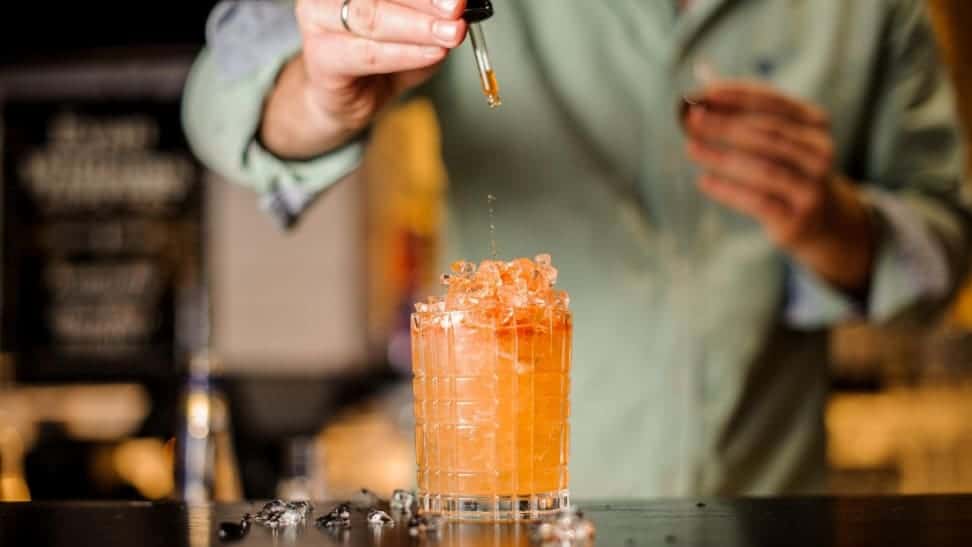
How to Use Bitters in Cocktails
When a cocktail calls for the use of a bitter, it’s nearly always to enhance the flavour profile of the drink and add more depth or complexity to the taste. When using words like “depth” or “complexity” in relation to a drink, it’s important to note that there is usually a fine balancing act when it comes to combining ingredients.
Cocktail mixologists will need to be careful when striking a balance between different flavours and when it comes to making your own cocktails, it’s important to not overdo it on these additions! Firstly, when using bitters in an already established cocktail recipe, follow the guidelines exactly.
Slightly amending a less concentrated ingredient like sugar syrup or fruit juice is beneficial and recommended for those customising the ingredients to individual tastes, in fact, this is often encouraged!
With bitters, however, the difference between 1 dash and 2 could genuinely change the taste of the drink completely.
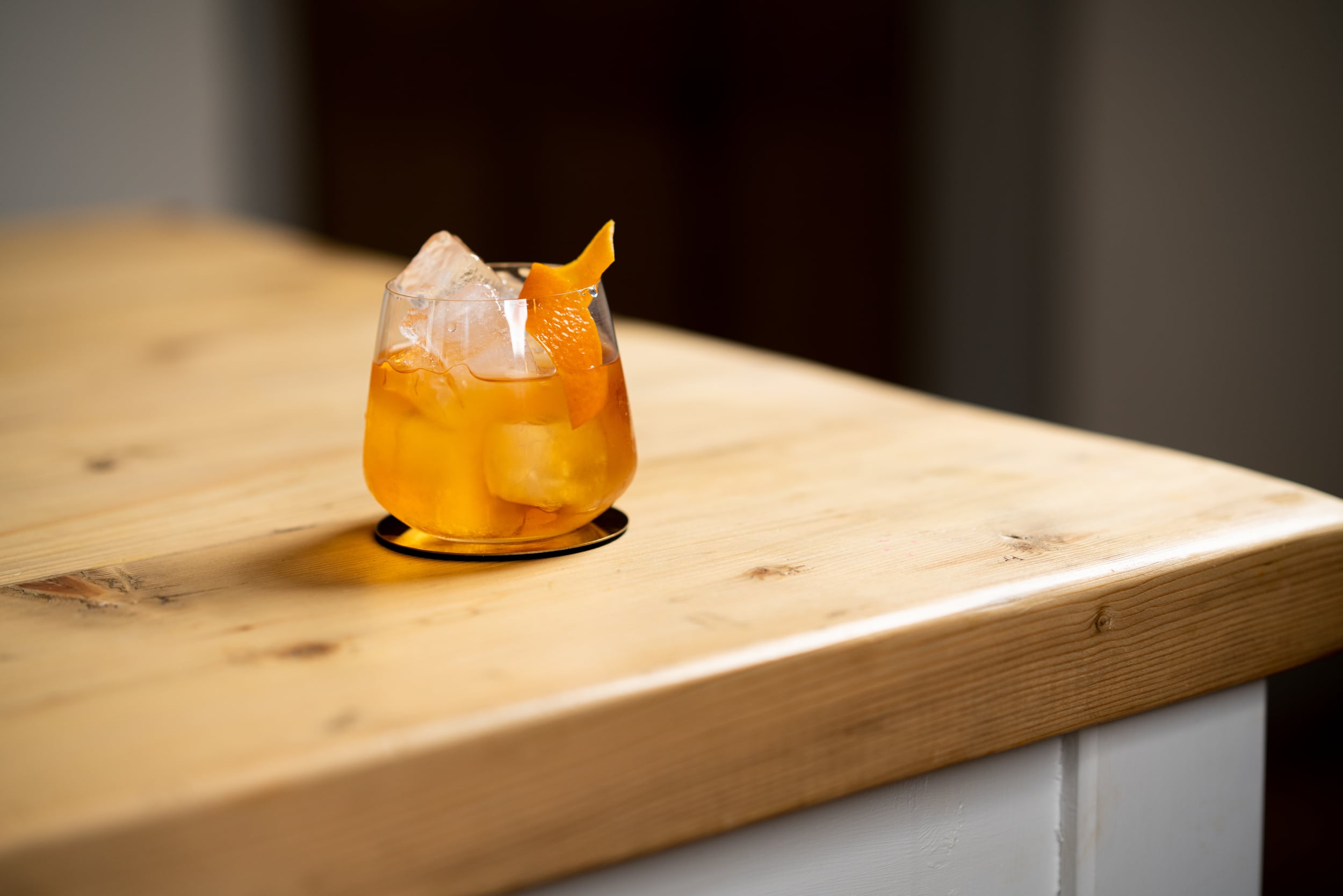
Following on from this, when using bitters in a cocktail you should always start with a less is more approach. As a concentrated ingredient, the overuse of bitters in a cocktail will very quickly take away from the main ingredients and leave you with an overly bittersweet drink instead of a carefully balanced sweet/sour drink.
Finally, use bitters to balance out or bridge the flavour profile for contrasting flavours. Bitters (despite the name) are not necessarily bitter in taste and are actually used to balance our more sweet or sour drinks like a Manhattan, Old Fashioned, or Martini with primary ingredients being sugar or dry Vermouths.
Final Thoughts
There are two types of bitters that you should be aware of, digestive bitters and cocktail bitters.
Cocktail bitters then have a further breakdown of aromatic bitters, citrus bitters, and more niche options. A digestive bitter can be used as a standalone drink to be consumed after dinner as a digestive aid whereas cocktail bitters are only to be used as a very small additional ingredient in a cocktail.
If you’re starting to experiment with the use of bitters in your cocktails, there’s no need to feel intimidated. The cocktails that call for their use will make it obvious that they need to be included but you do need to pay attention to other ingredients when using bitters as an experiment.
Bitters are used to bridge or combine contrasting flavours in a drink to make them more palatable. So, you do need an initial understanding of flavour profiles before you start to look for unique ways of using bitters to create your own signature cocktails.
Remember, bitters are a concentrated ingredient so keep on the cautious side when it comes to adding them to cocktails and always use dashes over jiggers… If you want the drink to be palatable that is!
- Aug 9 2021
- By Simon Byrne
Share